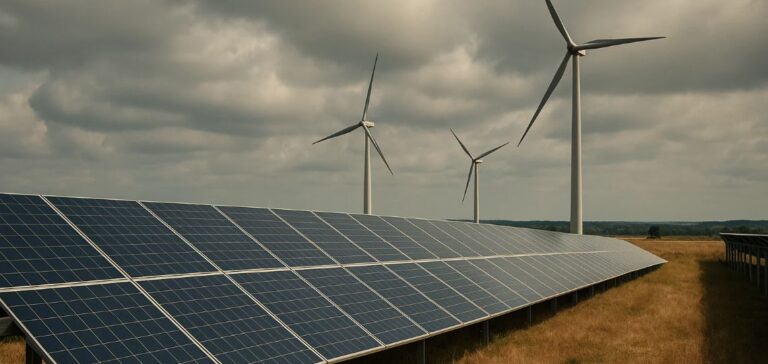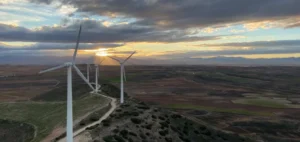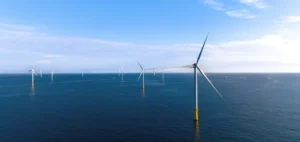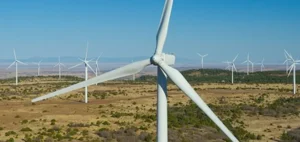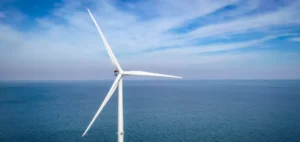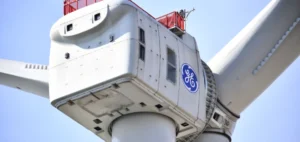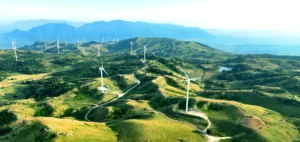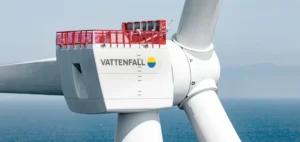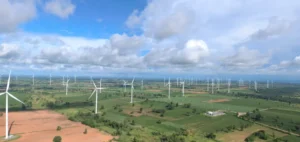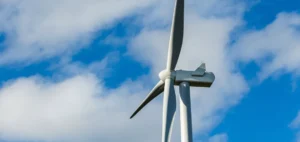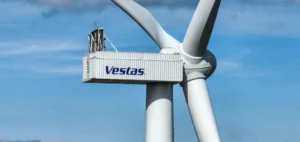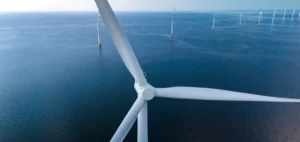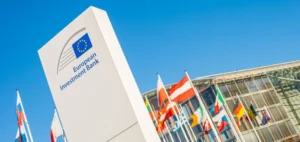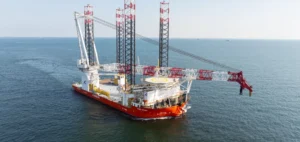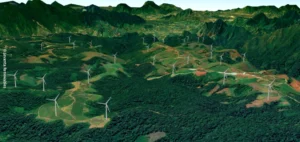Mainstream Renewable Power, a company specialised in wind and solar energy and majority-owned by Aker Horizons ASA, has completed the sale of a 675 megawatt (MW) portfolio of projects in Colombia to Celsia, the energy subsidiary of local conglomerate Argos Group. The announcement was made on April 22 via press release. The transaction marks Mainstream’s complete exit from the Colombian market.
A portfolio of five projects under development
The divested portfolio includes five projects currently under development: three solar power plants and two wind farms. These are the Andromeda (100 MW), Aries (175 MW), and Pollux (100 MW) solar projects, as well as the Neptuno and Sirius wind farms, each with a capacity of 150 MW. The projects have been in development since 2019. No financial details of the transaction were disclosed.
Celsia thus strengthens its presence in the Colombian renewable energy sector, where it already operates hydroelectric, solar and thermal assets. The company stated that the acquisition aligns with its domestic growth strategy in the non-conventional energy segment.
Mainstream’s strategic shift
For Mainstream Renewable Power, this sale reflects a revised strategy aimed at concentrating resources in three core markets deemed a priority: South Africa, Australia and the Philippines. The company said it intends to generate value through stronger project execution, a streamlined cost structure, and optimised capital management.
“This transaction illustrates our commitment to disciplined capital allocation and efficient investment recycling,” the company’s management stated in the release, without giving further details on the exit process.
Development capacity redeployed to other markets
According to available information, the divested portfolio did not include any assets in the operational or advanced construction phase. The sale is expected to allow Mainstream to reallocate human and financial resources to higher projected return projects in its target markets.
Mainstream Renewable Power currently operates over 1.4 gigawatts (GW) of projects under construction or in operation worldwide and is developing a global pipeline of 20 GW.


